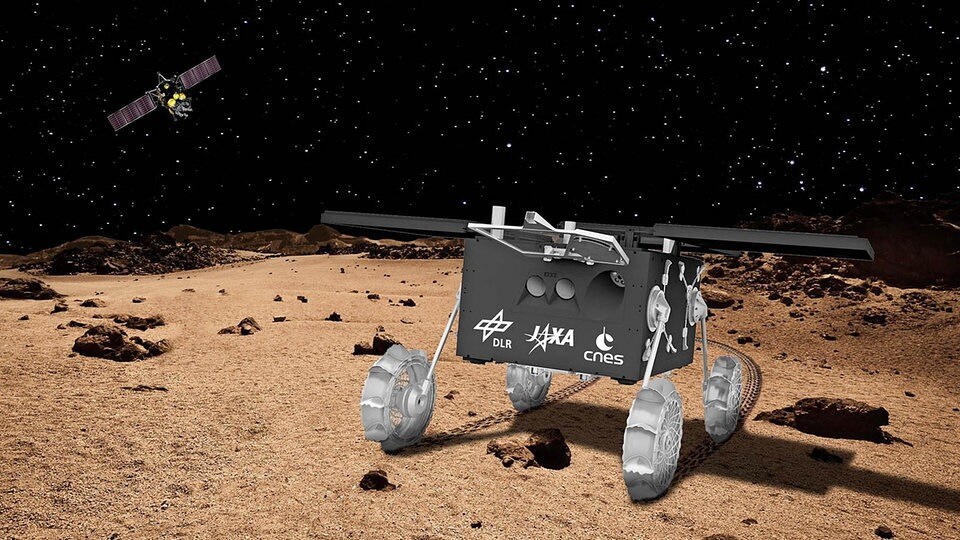Researchers have developed an innovative artificial intelligence method that can identify traces of life in samples millions of years old with high accuracy. This could revolutionize astrobiology.
Scientists have discovered a new analytical method to detect signs of past or present life on Earth and other planets. A team from the Carnegie Institution for Science has developed an artificial intelligence-based method that can distinguish between biological and non-biological samples with up to 90 percent accuracy. These findings have the potential to revolutionize the search for extraterrestrial life and expand understanding of the origin and chemistry of life.
The new method differs from previous methods in that it does not rely solely on discovering specific molecules or compound groups. Instead, the research team was able to show that AI is able to differentiate between biological and non-biotic samples by detecting subtle differences in molecular patterns. Surprisingly, in some cases biological markers have been detected in samples hundreds of millions of years old, despite extensive decomposition and alteration of the samples. The technology developed could soon solve some scientific mysteries on Earth, such as the origin of the controversial 3.5 billion-year-old black deposits in Western Australia, which are not known to contain the oldest microbial fossils on Earth.
New avenues are also being opened in the search for extraterrestrial life. This technology could be used in future space missions to search for life using smart sensors on robotic spacecraft, landers and rovers, even before samples return to Earth. The researchers assume that this method can be used to detect life, even if it is radically different from that known on Earth. It is possible to detect life on other planets, even if you do not use DNA or amino acids.

“Certified tv guru. Reader. Professional writer. Avid introvert. Extreme pop culture buff.”







More Stories
Samsung Quantum Dot TV: Art meets technology
Pitch: €56m for energy startup Reverion
Plastoplan: Plastics for Energy Transition